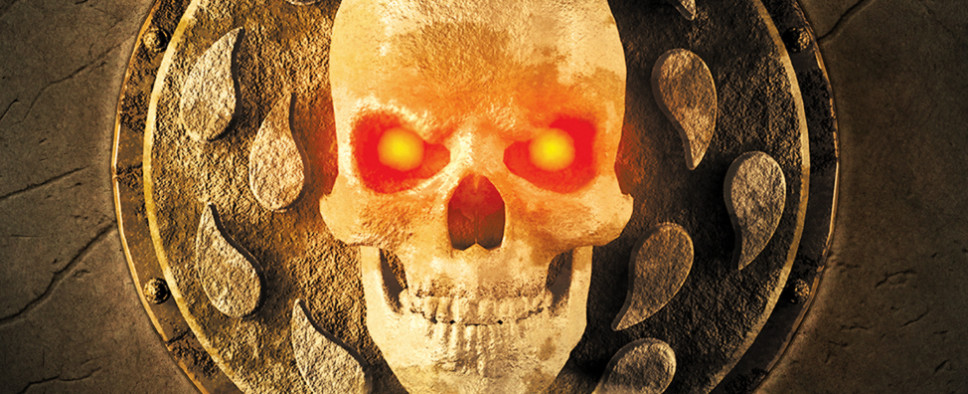Ray Muzyka Interview
-
Category: News ArchiveHits: 5358

Following his retirement from BioWare, Ray Muzyka, one of the studio’s founders, shifted his attention from video games to investing. And as such, he must have popped up on the radar of Ivey Business Review, a Canadian student-run business strategy magazine, as they now have this massive interview with the man.
The interview mostly focuses on Muzyka’s entrepreneurial side, but even so, quite a few of the questions touch on his time with BioWare, the studio’s early days and its subsequent acquisition by EA. If that sounds like something you might enjoy, here’s just one sample question and you take things from there:
IBR: How did you manage your time and conflicting goals between your original dream job and your new passion? How did you know that video games would be your next ‘career chapter’?
It never occurred to me that it wouldn’t become my next career chapter. It’s true that both of us had medicine to fall back on if entrepreneurship didn’t work out, but it wasn’t something that I ever thought about. I was likely quite naïve, in that it never really occurred to me that the company could fail! We just did everything to make sure that it didn’t. I was doing the medical locum tenens ER/GP work as a hobby because I loved it, but I just loved BioWare and growing the business and working with my team there more. In a poker analogy, I basically just went all in. When we made Shattered Steel, we maxed out our lines of credit and took all our assets and put it all into BioWare. We didn’t have any external investors (until 15 years later when we had a private equity investor) or family money to invest in the business so it was on us to make sure it succeeded. I suspect that part of the reason I kept working so hard was so I wouldn’t go personally bankrupt!
At the time, publishers were the only way you could get video games distributed, via retail stores. This was prior to the modern era of digital distribution, so you needed a publisher to help you get your products to market. We made a list of what we felt were the top ten publishers in the world at the time and we divided it in half, five each for Greg and me. We then started cold-calling these publishers, but initially, none of them would take our calls. The one we ended up signing with, Interplay, was on my list. I called them at least ten times over the course of a couple of weeks, and finally, the VP Biz Dev I was speaking with there told me to stop calling them. When I asked if they would look at our demo, they finally agreed—if we would stop calling! They then looked at the demo and called us back the next day and suggested we fly down to California that week, and we were off to the races with our first publisher for our first product, Shattered Steel. Through sheer perseverance, we ultimately got nine out of ten of the publishers to place a bid for the product and learned early lessons on the importance of price tension and negotiations.
Persuading experienced people to come work with us in the early days was difficult. By the time of Baldur’s Gate, which was our second game, we had about 60 employees in total. But not a single person on the team had ever made a video game before because we didn’t have the money to hire experienced developers and nobody knew who BioWare was. Why would they come work for us when we’re a bunch of doctors up in Edmonton making video games? That sounds crazy. And it was crazy. At the end of the day, our approach to BioWare was about believing in it deeply and going all in. We were lucky to be able to hire amazing people on our first two teams—smart, passionate, hardworking, and excellent team members, but it wasn’t until after the success of our first big hit, Baldur’s Gate, that we had a brand to attract experienced video game developers to BioWare.

